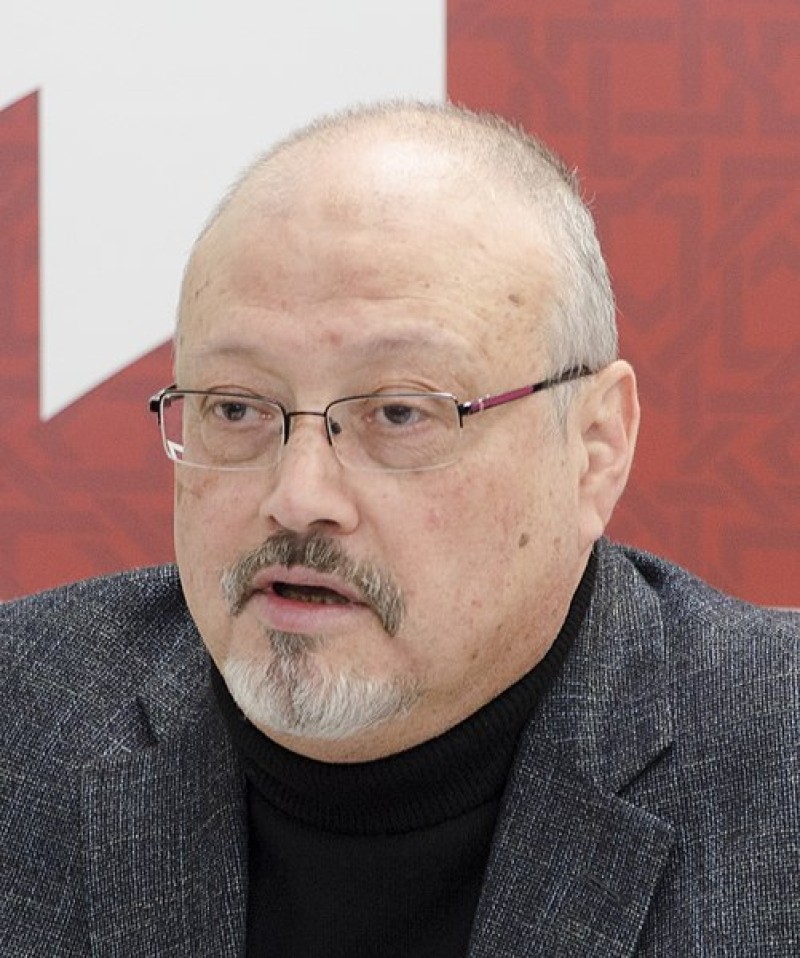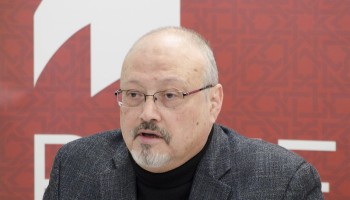Despite media efforts to raise awareness about legal and physical attacks journalist suffer, the persecution of those trying to expose irregularities, injustice, crimes and many other wrongdoings continues.
A collective of media publishers from around the world - the One Free Press Coalition - issued Tuesday this year’s 7th “10 Most Urgent” list to draw attention to the most serious cases.
Jamal Khashoggi
The first-listed is Jamal Khashoggi, a Saudi Arabian dissident, author and Washington Post columnist who was killed a year ago at the Saudi consulate in Istanbul.
No independent investigation was conducted despite UN and CIA findings that alleged the involvement of Saudi’s Crown Prince Muhammed bin Salman. The White House was urged to reveal intelligence reports and the Congress imposed a deadline for President Trump’s reply under the Global Magnitsky Act. He declined.
Lydia Cacho
One of Mexico’s well known investigative journalists, Lydia Cacho, takes 2nd place on the One Free Press urgent list, as she continues to “suffer retaliatory attacks for her freelance reporting and work promoting freedom of expression,” although she has been under government protection since 2009.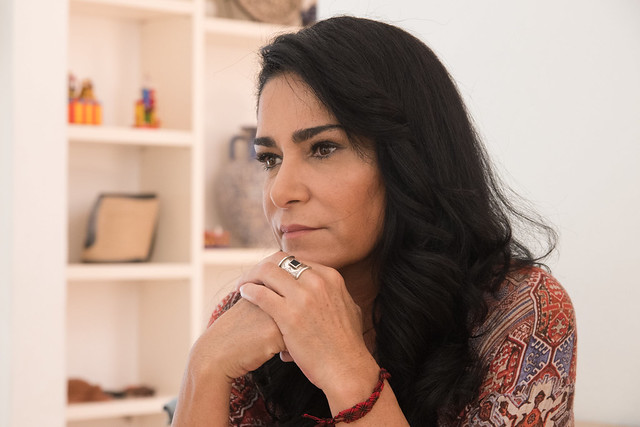 Lydia Cacho (Eneas De Troya (CC BY 2.0))
Lydia Cacho (Eneas De Troya (CC BY 2.0))
In July this year burglars reportedly broke into her house, stole electronic devices containing information about the stories she was investigating, mostly related to sexual abuse cases. While raiding her home, the burglars killed her pets.
Over the years, as One Free Press warned, Cacho has been experiencing various death threats, sexual violence, imprisonment and an assassination attempt.
Erick Kabendera
Tanzanian police detained freelance journalist Erick Kabendera on July 29, questioning his citizenship. As they were unable to prove irregularities, they charged him with “money laundering, tax evasion and organized crime racket.”
The charges, reportedly, came as the government’s retaliation for Kabendera’s reports on alleged divisions in Tanzania’s ruling party.
Due to money laundering charges, Kabendera cannot be released on bail. His health condition, as Reuters reported last week, has seriously deteriorated, so his lawyers called for urgent medical attention. But the journalist remains in prison.
Claudia Duque
For more than 26 years of her career, Colombian investigative journalist Claudia Duque was focusing on criminal cases against army members and political and judicial workers.
Throughout that period she was, reportedly, subjected to kidnapping, illegal surveillance and psychological torture.
In its latest move, the court overseeing the trial of Duque’s perpetrators refused to let her question the perpetrators or express her opinion about the trial. If she breaches the order, she could face 10 years in jail.
Azory Gwanda
Tanzanian freelance journalist Azory Gwanda, who was investigating mysterious killings in rural Tanzania, has become another target of the country’s president John Magufuli’s war against media.
Gwanda has been missing since November 21, 2017 and the government did not take the necessary steps to conduct a credible investigation, while the Tanzanian Foreign Minister recently said Gwanda had “disappeared and died.”
Roberto Jesús Quiñones
Cuban journalist Roberto Jesús Quiñones has been jailed by authorities that did not like his reports. The Guantanamo police first beat the 62-year old reporter, contributor of CubaNet, then placed him in prison while he was covering a trial before a local court in April this year.
He was released after five days, but was fined for “resistance and disobedience” during detention.
Quiñones refused to pay the fine, thus was sentenced on August 7 to one year in jail.
“I go to prison with my conscience very calm and with a dignity that those who have placed me in this situation would like to have one day,” he wrote for CubaNet.
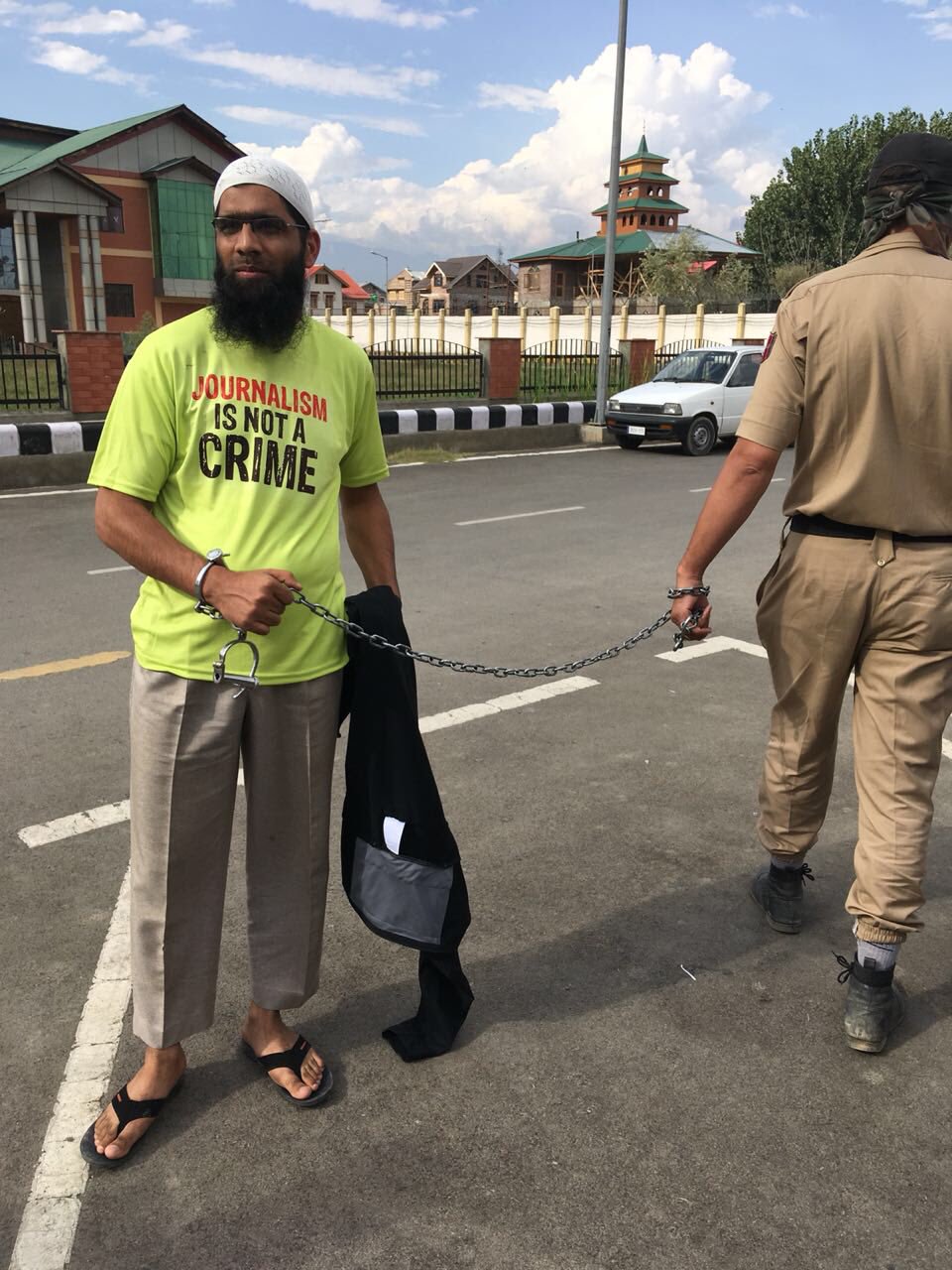 Aasif Sultan (CPJ Asia)Aasif Sultan
Aasif Sultan (CPJ Asia)Aasif Sultan
Aasif Sultan, a reporter of Kashmir Narrator, has been in jail for more than a year. The Jammu and Kashmir police arrested him in August 2018 for “harboring known terrorists.”
According to reports, he has been repeatedly interrogated and asked to reveal the sources he used in a story about a militant leader who was slain in July 2016.
Azimjon Askarov
Kyrgyz journalist and human-rights activist of Uzbek origin Azimjon Askarov was arrested in June 2010, following ethnic violence between the local Kyrgyz and the Uzbek people in southern Kyrgyzstan, leaving more than 450 people dead and thousands displaced.
He was found guilty, as Al Jazeera reported, of “inciting the interethnic clashes and for involvement in the murder of a police officer, who was brutally killed by a mob during the violence.”
His supporters say the “government had used the 2010 clashes to silence him from speaking out against the persecution of Uzbeks.”
Numerous international human rights organizations as well as governments appealed for his release, but a Kyrgyz court upheld Askarov’s life sentence after reviewing his case on July 30 this year.
Khadija Ismayilova
Senior investigator with the Organized Crime and Corruption Reporting Project (OCCRP), journalist Khadija Ismayilova, exposed the accumulated wealth of Azerbaijan's President Ilham Aliyev and his family in 2014, linking them to alleged corruption scandals.
The price: freedom and normal, decent life. Ismayilova spent 537 days in prison and has been banned from traveling, working, had to pay fines and had her assets frozen.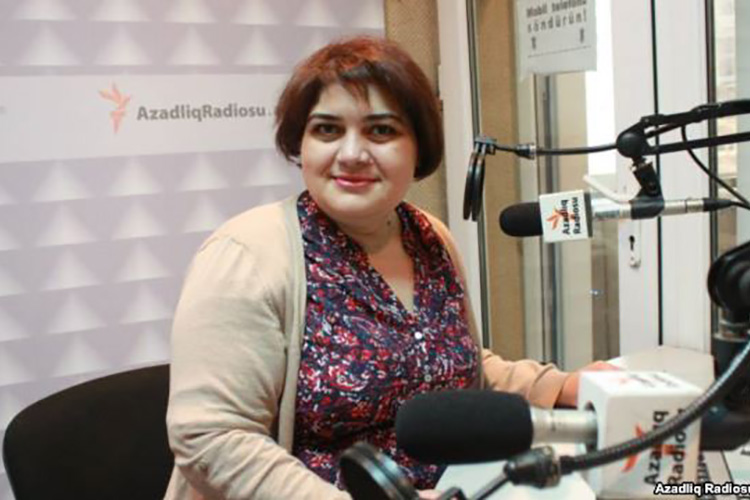 Khadija Ismayilova (Photo: OCCRP)
Khadija Ismayilova (Photo: OCCRP)
“For her courage and tenacity in exposing corruption at the highest levels of government through outstanding investigative journalism in the name of transparency and accountability,” Ismayilova was awarded in 2017 the Right Livelihood Award, widely known as the alternative Nobel Prize.
Masoud Kazemi
Masoud Kazemi, editor-in-chief of the Iranian monthly Sedaye Parsi political magazine, was sentenced in June to 4.5 years in jail for anti-state propaganda and for acting against national security and colluding against national security, according to reports.
The charges were pressed soon after he tweeted his comments in November 2018 about his reporting on corruption in Iran’s Ministry of Industry.
